Meet Ashley Bell | Soprano & Creator of Multidisciplinary Projects
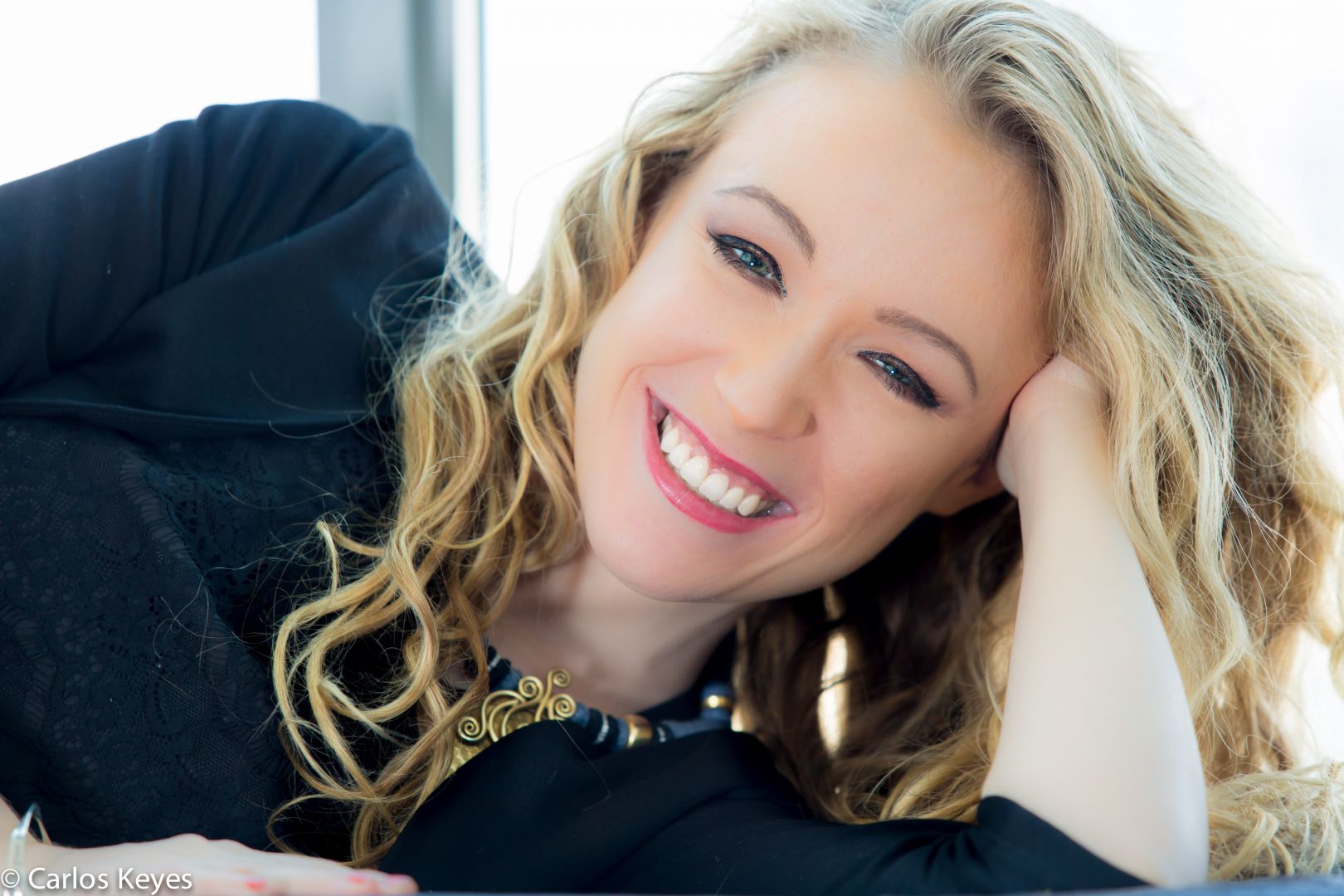
We had the good fortune of connecting with Ashley Bell and we’ve shared our conversation below.
Hi Ashley, every day, we about how much execution matters, but we think ideas matter as well. How did you come up with the idea for your business?
The genesis for my not for profit opera company Divaria Productions was when my grandmother was in hospice and suffering from dementia in a memory care facility. My family and I spent a lot of time visiting her at the 80th Street residence. In watching the response to concerts offered by others and to my own performances there, I experienced first hand the role that music played in inspiring a group of people with dementia to be able to transcend their space, go back to their childhoods and see a whole new world.
I was inspired to create an opera company to help make opera accessible to other people, especially those who had had no exposure to it before or those who, like those at the 80th St. residence and others with health challenges, might not be able to physically attend performances.
I wanted that concept of accessibility to be baked into the business model and to this end we have performed at places like Hope Lodge of the American Cancer Society for cancer patients and NYU Hospital for stroke victims. In fact during the pandemic, I was able to take that same experience of bringing music to those who can’t access it and migrate it to the virtual platform. We had no physical spaces to perform, and people couldn’t leave their homes so we ultimately had to create a visual media experience that was shot wholly during Covid and have an available link for those to engage with it. We created a documentary film called Rival Queens telling the story of the relationship between Mary Queen of Scots and Queen Elizabeth by blending historical letters with music from Donizetti’s Maria Stuarda, allowing people to experience, opera and film in a time when they couldn’t leave the comfort of their homes. We were fortunate to be able to reach a lot of people with this work and win awards in more than 20 international film festivals.
In the pandemic, we also offered online classes to people across the United States about the history of opera. One such class was expressly tailored for the Harvard Program of Refugee Trauma about the relationship of opera and human rights and was shared with mental health professionals from across the world who work with refugees in more than 140 countries.
Other methods of expanding opera’s accessibility have included blending opera with other mediums such as theatre (Othello: The Opera & Play Enmehsed blending Shakespeare’s Othello with actors and Verdi’s Othello with singers), blending opera with dance (a production of Pedro Halffter’s opera Klara about artificial intelligence) and blending live performance with education (an original production entitled the Shakespeare Riots which recounted the story of a watershed moment in opera history).
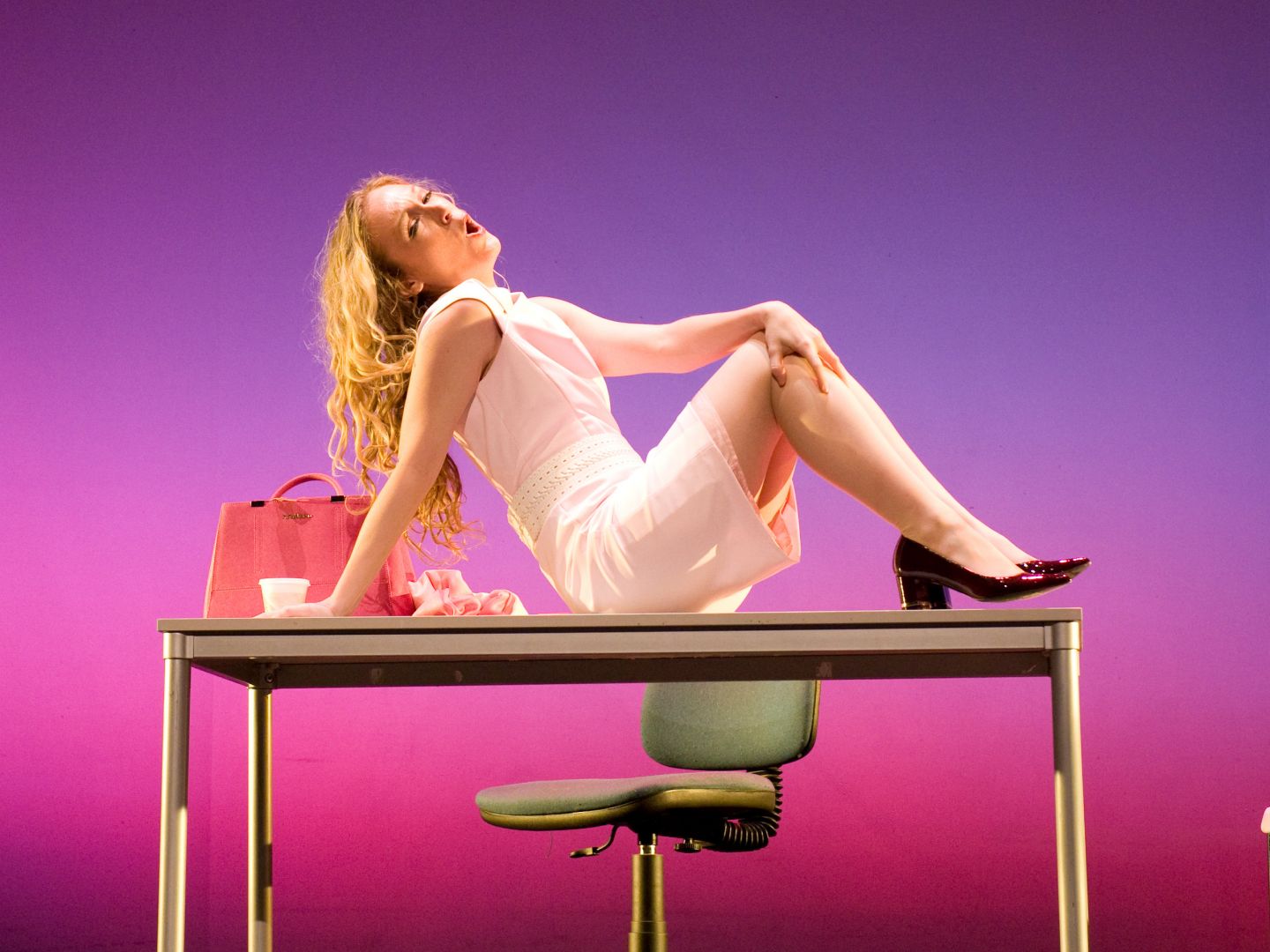

Alright, so let’s move onto what keeps you busy professionally?
My journey has not been an easy one. I decided not to follow the traditional path for opera singers of going to music conservatory because I wanted a liberal arts education. I wouldn’t have done it any other way – however it took me longer to achieve success than others who followed a traditional path because I didn’t have connections or the clout of a music conservatory behind me to open doors. I attended Yale University and majored in Italian and International Studies because I wanted to become fluent in all the operatic languages. From traveling abroad, I had come to believe that languages provide a window into other cultures and that if I learned the operatic languages fluently, when I sang in Italian, French, Spanish or German I would be able to better communicate the music I was singing with meaning and feeling. I’ve had the opportunity to study all the languages that I speak in their native countries: Italian while studying abroad at the University of Bologna, Spanish in Antigua, Guatemala, French while interning at an advertising agency in Paris, and German at the Goethe Institut in Hamburg. I’ve reached a level in the languages to be able to serve as a interpreter for patients in hospitals and a legal interpreter and a translator in the medical, legal, journalism spheres. Because of this experience, I feel that I have gained a greater ease in communicating the intent of composer or librettists in the music I sing.
As a result of studying languages to benefit my singing, I find that I am more outgoing in other languages than in English and that I can establish a deeper connection with people around the world when I attempt to speak in their native languages. This has proved very beneficial in creating opportunities abroad, especially most recently in Spain. In the past two years, I have been fortunate to have very amazing experiences there including my debut with ABAO Bilbao Opera as Fiordiligi in Cosi Fan Tutte, my debut with Seville’s Teatro Maestranza as Violetta in La Traviata, soprano soloist in Beethoven’s 9th Symphony with Orquesta Sinfonica de Madrid/Titular Teatro Real, Violetta in Traviata in Semana Lirica in Logroño and in Festival de Villafranca del Bierzo, the title role in La Voix Humaine at both Rioja Forum and the Festival in Villafranca del Bierzo, and my debut with Teatro Perez Galdos in Gran Canaria as the title role in Klara. I am especially grateful to Maestro Pedro Halffter to have had the honor to sing the world premiere of his operas, Klara and Penelope’s Dream, and to have performed them on many other occasions.
I’m not very good at describing myself but here’s what others have said as among my strengths: that I can learn and memorize music very quickly and that I am able to sing a wide variety of repertoire successfully ranging from one of my favorite roles Cio Cio San in Madame Butterfly to Zemlinsky’s Lyric Symphony to Mozart’s Exultate Jubilate which I performed recently with Milan’s Orchestra UNIMI.
In my private life, I’ve always been more of a reserved person but felt that singing was a way that I could connect with people. When I step on stage, I feel more alive and able to connect with people through music. I look forward to discovering new places, new languages, and new roles as singing is the best way I have found to rouse people’s emotions and connect with them on a deeper level.
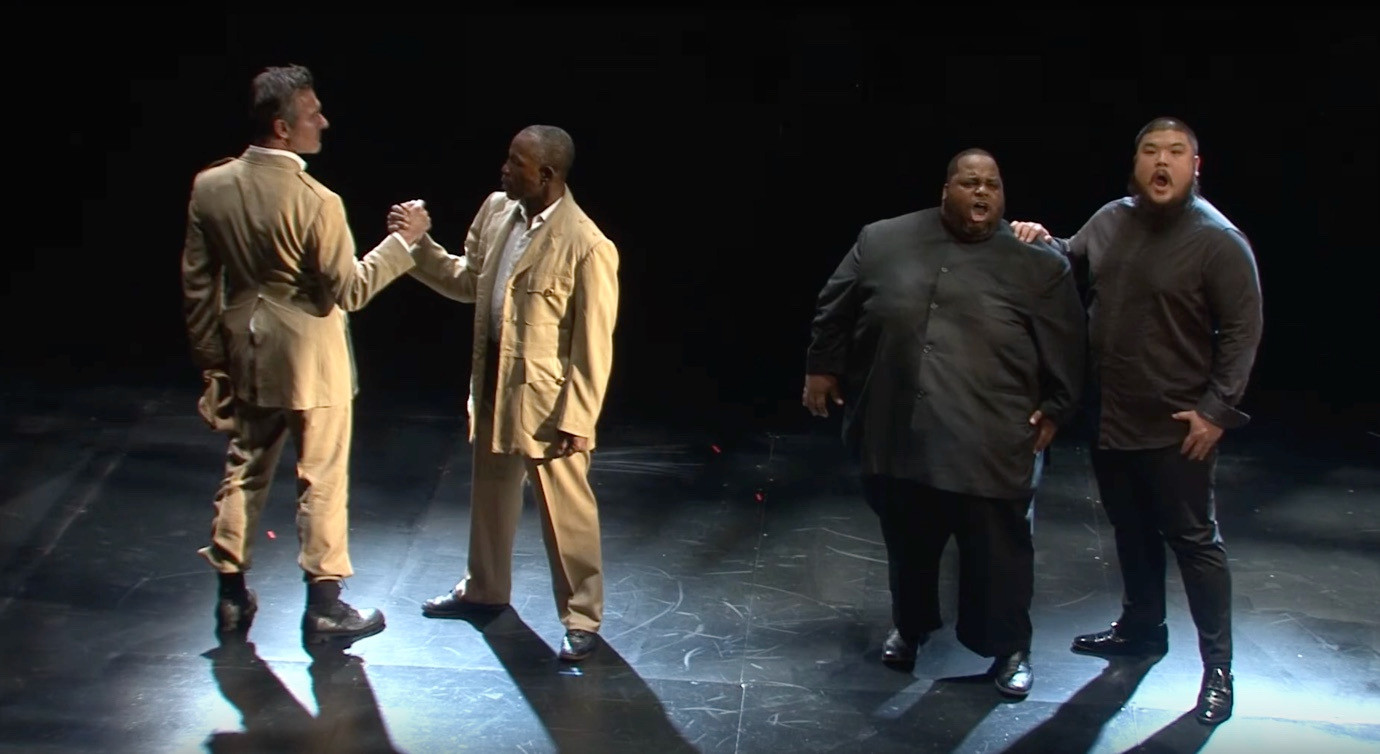
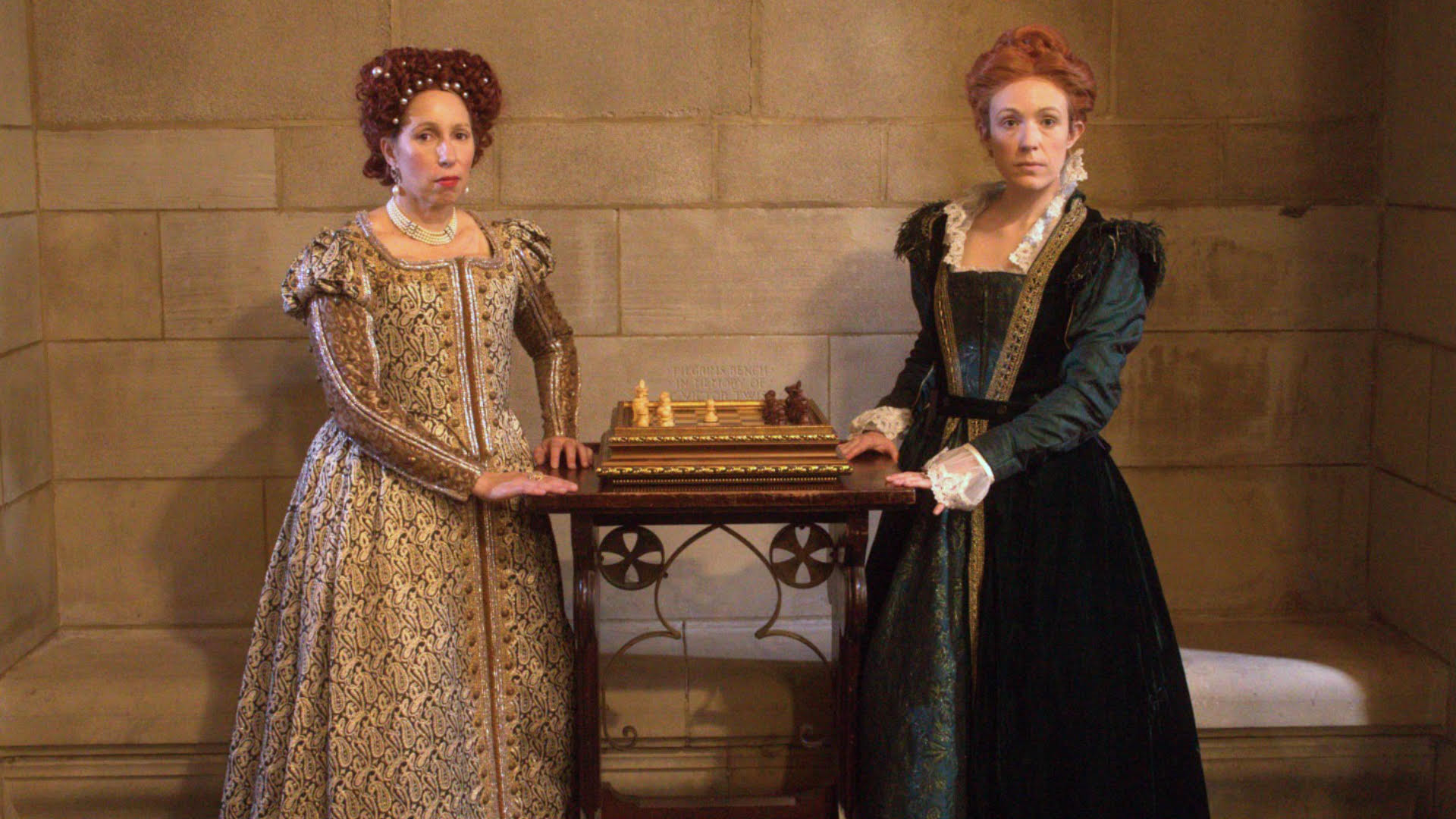
Let’s say your best friend was visiting the area and you wanted to show them the best time ever. Where would you take them? Give us a little itinerary – say it was a week long trip, where would you eat, drink, visit, hang out, etc.\
First off, food:
My favorite Italian restaurant in New York is Il Pepolino located in Tribeca! I go there almost every year for my birthday and highly recommend it.
For coffee/tea/dessert and mostly the ambiance I highly recommend the Vienna style cafe located inside the museum Neue Galerie on East 86th Street.
I also highly recommend visiting Koreatown around 32nd Street and going for Korean barbecue.
And I also love visiting the Chelsea Market.
In terms of traveling around the city,
I recommend a lot of walking trips: walk across the Brooklyn Bridge, walk down the Highline, visit Central Park especially around the pond by the boathouse and Belvedere Castle. And I highly recommend visiting Governor’s Island for unique views of the city. And I love the views from the Edge at the Hudson Yards.
In terms of music/theatre: there are always many enticing options from Broadway or the Met, to small intimate venues . The most exciting thing I have seen recently was an experimental/multidisciplinary show at the Park Avenue Armory called Doppelgänger with tenor Jonas Kaufmann, music by Schubert and a whole cast of actors/dancers all in a hospital ward with beds all over the stage.
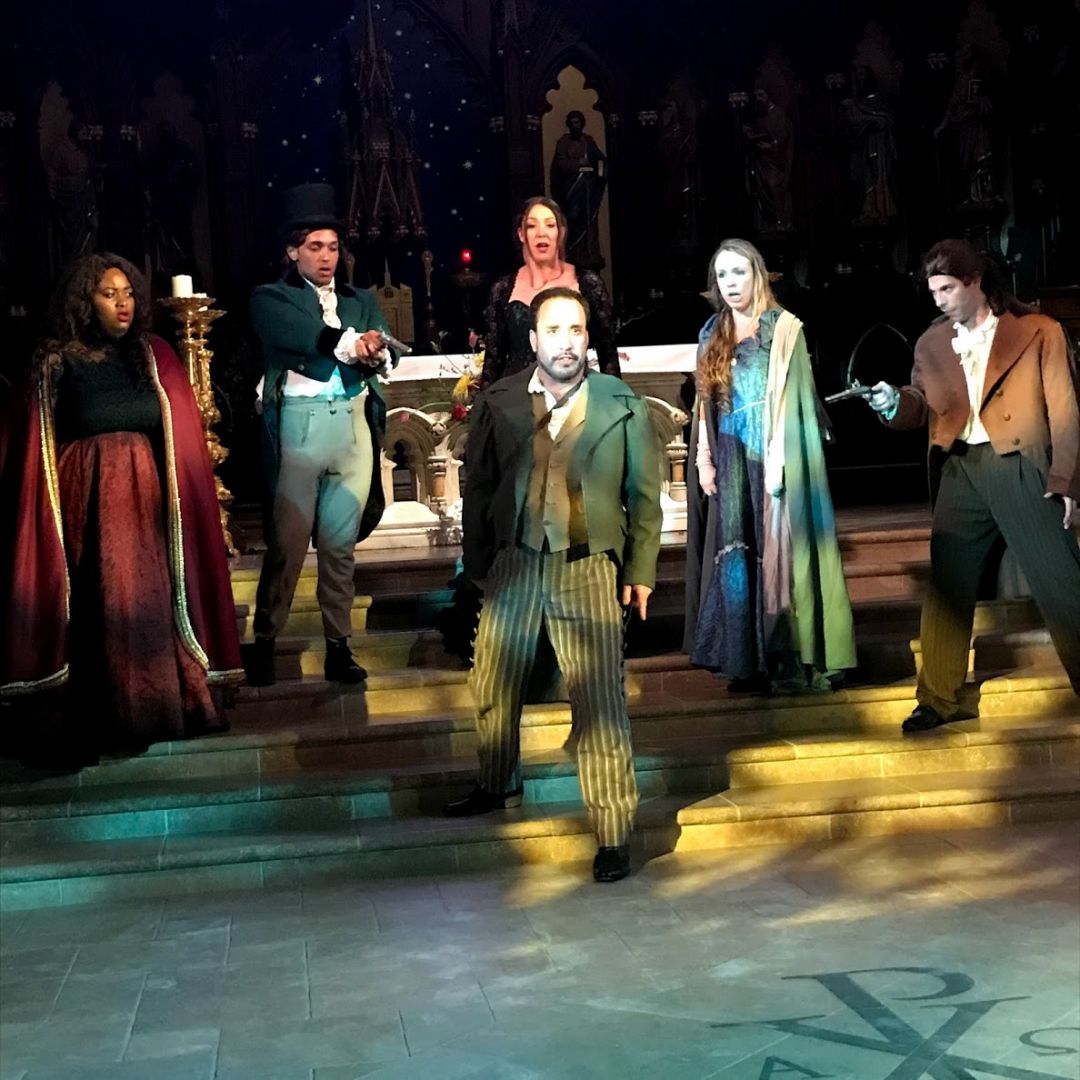
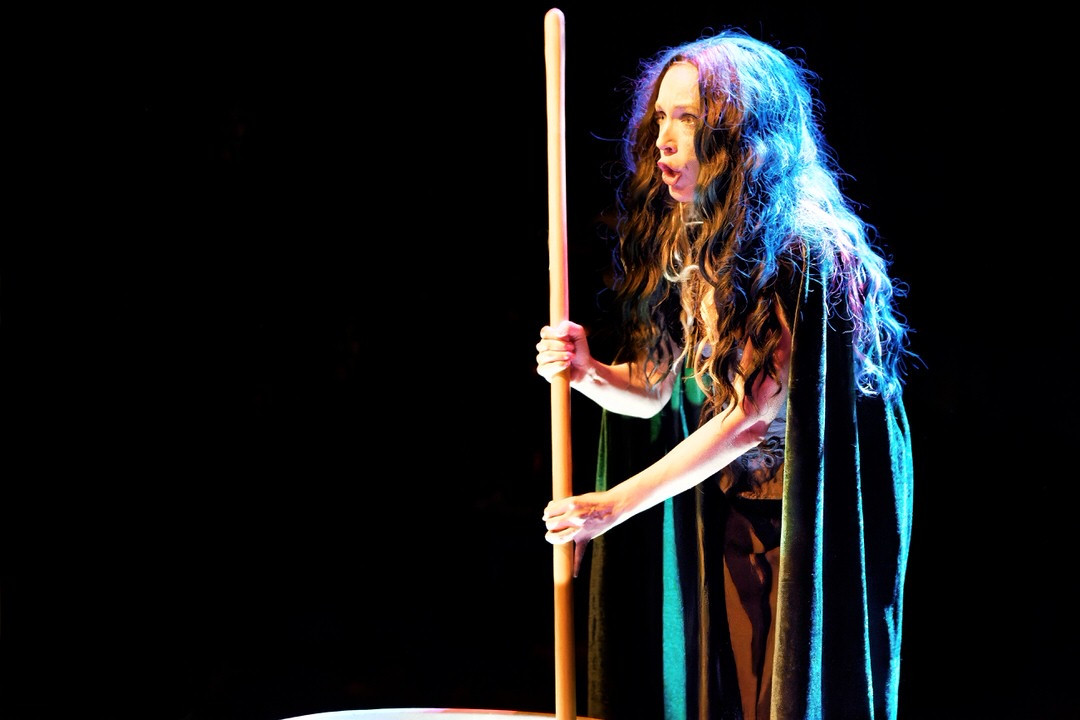
Who else deserves some credit and recognition?
One of the first people who was fundamental in my musical journey was my Lower School music teacher John Strybos. He made up a musical tune for everyone’s name in our class, and also nicknamed me Ding Dong bell. He recognized my vocal talent when I was in kindergarten and later encouraged me to study piano, teaching me himself, because he thought that it would be important to develop my musical skills. He also has been incredibly supportive even now as I have had the opportunity to sing at various churches where he is music director.
Another person I’d like to give a shout out to is my very first voice teacher Richard Barrett. When I was younger, I used to want to sing Broadway/musical theatre, but Richard in addition to being an excellent voice teacher was an operatic conductor and director. He encouraged me to travel to Italy when I was 16 years old to his festival in Chiari where I was the youngest of people mostly in college and graduate school. This was an absolutely amazing experience, and I decided then and there that opera was what I wanted to do and also that I wanted to learn Italian. I went on to major in Italian at Yale University and to study abroad at the University of Bologna until I reached fluency. Richard Barrett also was a huge support in the initial venture of launching my opera company Divaria Productions. He served as the conductor for our first production of Elisir D’Amore and was helpful in all aspects of making this vision a reality.
And finally, a recent shout out goes to my current voice teacher: Metropolitan Opera bass, Richard Bernstein. Richard and I met in a production of Rigoletto in New Jersey, where he was called to step in at the last minute as Sparafucile. We bonded over the fact that I had sung in the Children’s Chorus at the Met when I was a kid when we realized that we had been in Carmen together when he made his debut. Richard Bernstein has been a phenomenal mentor and teacher, and I am incredibly grateful for his continued guidance.
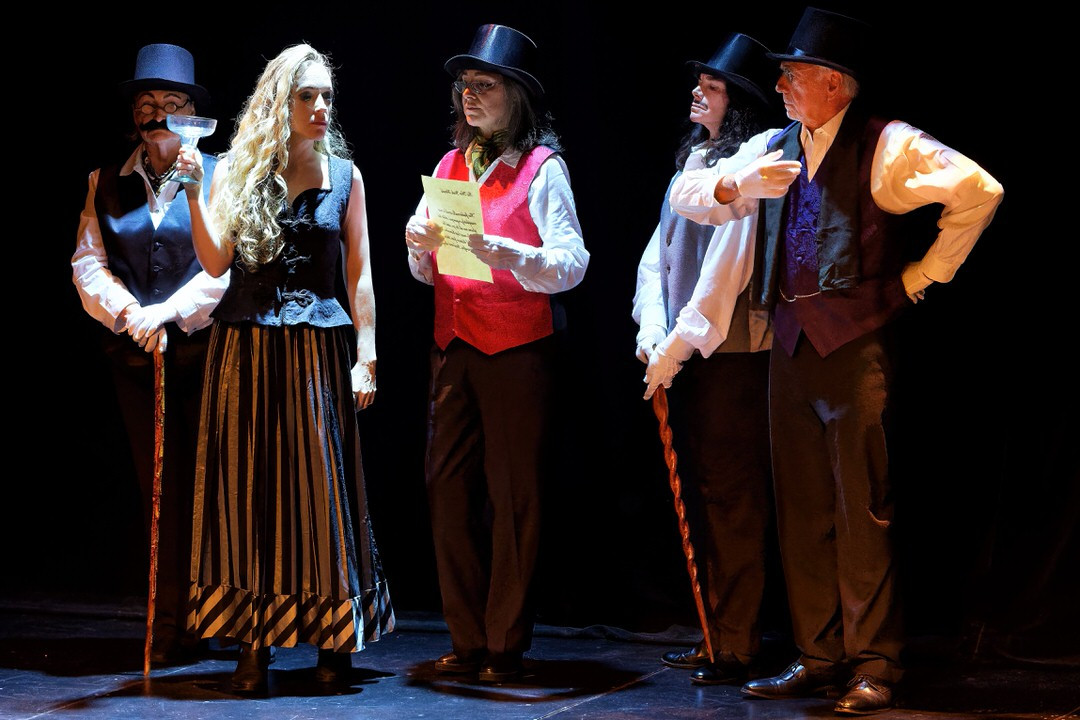
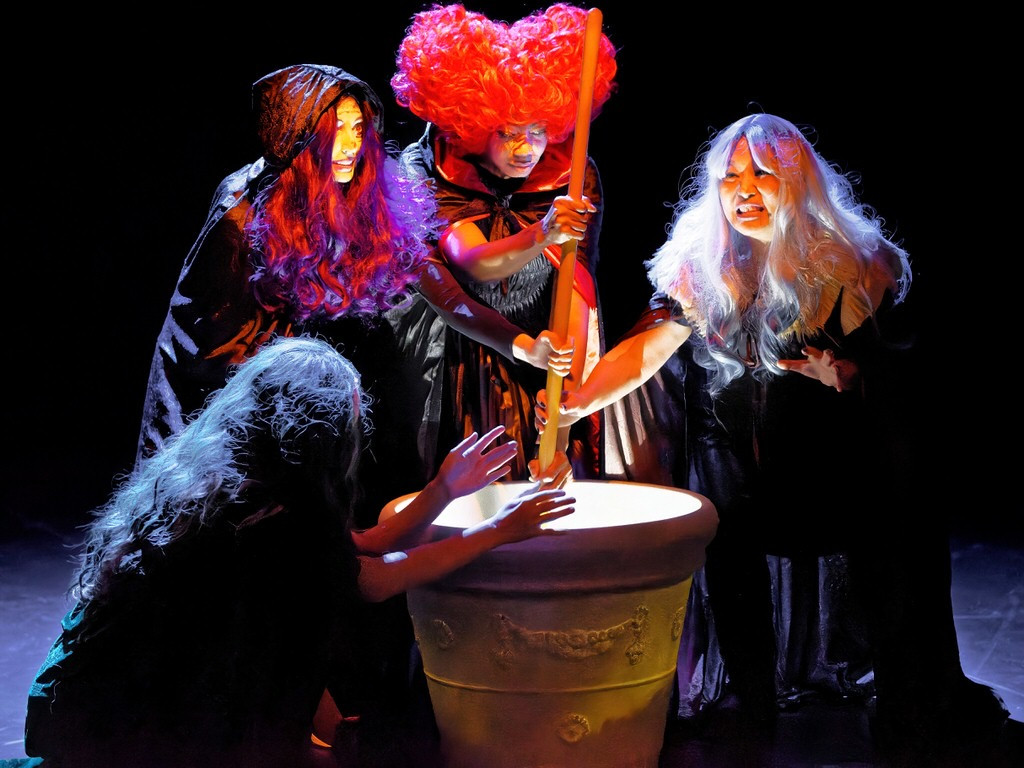

Website: ASHLEY GALVANI BELL: www.ashleygalvanibell.com DIVARA PRODUCTIONS: www.divariaproductions.com
Instagram: ASHLEY GALVANI BELL: @ashleygalvanibell DIVARIA PRODUCTIONS: @divariaproductions
Facebook: ASHLEY GALVANI BELL: https://www.facebook.com/profile.php?id=100063494704050 DIVARA PRODUCTIONS: https://www.facebook.com/divariaproductions
Youtube: @Ashleygalvanibell
Image Credits
Phil Merritt Andrew Bell Fabian Jimenez Carlos Keyes
